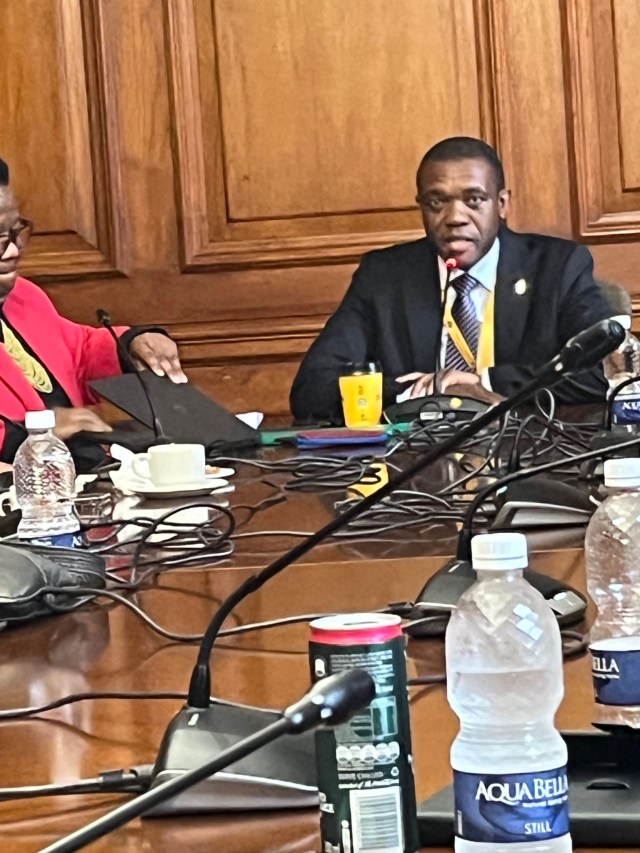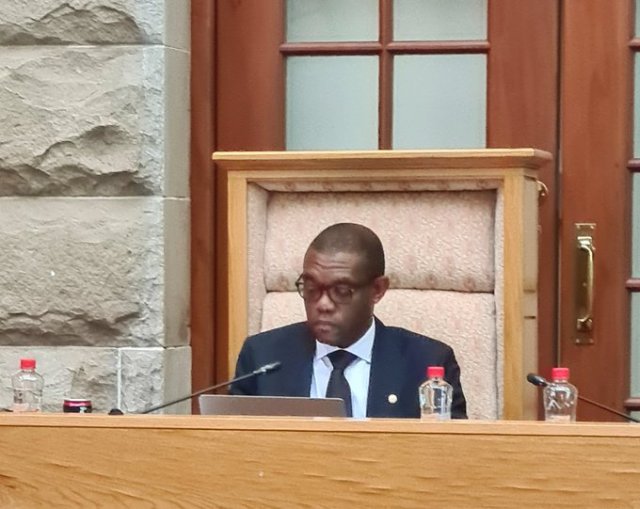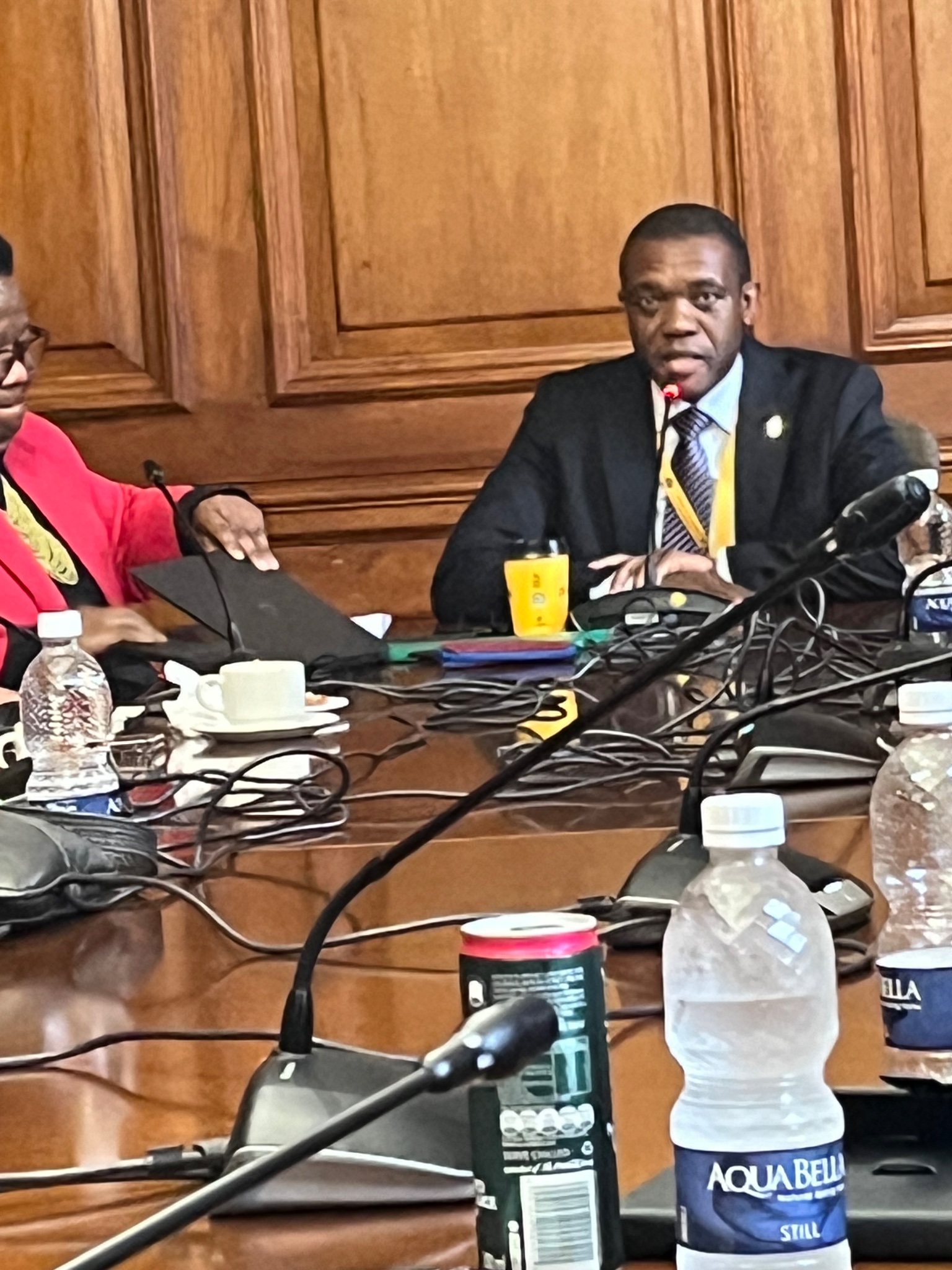

SCOPA takes NPA to task over tackling illicit financial flows! The National Prosecuting Authority (NPA) has pushed back against claims that its handling of serious commercial crimes contributed to South Africa’s greylisting by the Financial Action Task Force (FATF). Despite criticism, the NPA highlighted its efforts to address shortcomings in combating financial crimes.
Greylisting and Its Implications
In early 2023, South Africa was greylisted by the FATF due to insufficient safeguards against money laundering and terror financing.
SCOPA takes NPA to task

This designation has far-reaching consequences, including challenges in attracting foreign investment and increased borrowing costs.
The FATF identified 22 areas of concern, highlighting weaknesses in preventing illicit financial flows and prosecuting related crimes. Since then, the government and law enforcement agencies have faced scrutiny over their efforts to rectify these issues.
NPA’s High Conviction Rate
During a Parliamentary session with the Standing Committee on Public Accounts (SCOPA), Deputy National Director of Public Prosecutions, Advocate Rodney de Kock, defended the NPA’s track record. He pointed to a nearly 80% conviction rate in serious commercial crime cases as evidence of the authority’s effectiveness.
“We are making good progress. We are still confident that we are going to get over the line. And a lot of work is happening, as we speak,” de Kock said.
The NPA has worked alongside other government entities to address 16 of the FATF’s 22 concerns, signaling significant progress.

SCOPA Chair Criticizes NPA
Despite these reassurances, SCOPA Chairperson Songezo Zibi criticized de Kock’s stance as overly defensive. He emphasized that the FATF’s findings had exposed systemic failures in preventing and prosecuting illicit financial activities.
“Your answer is defensive. Your answer is extremely defensive, and I would like to ask you not to do that,” Zibi remarked.
His critique highlighted the need for transparency and accountability in addressing the FATF’s concerns.
Steps Taken to Address Greylisting
Since the greylisting, the South African government has implemented a range of reforms to strengthen its financial systems and enhance law enforcement capabilities.
Key efforts include:
- Tightening regulations to combat money laundering and terror financing.
- Enhancing collaboration between financial institutions and law enforcement.
- Improving the capacity of agencies like the NPA to investigate and prosecute complex financial crimes.
De Kock expressed confidence that these measures would help South Africa be removed from the greylist by May 2024, a target the government is actively pursuing.

The Cost of Greylisting
South Africa’s greylisting has drawn attention to the broader consequences of financial mismanagement and corruption. Investors view the designation as a red flag, potentially deterring much-needed foreign investment and increasing the cost of doing business.
The situation also underscores the importance of trust in public institutions. Ensuring the integrity and efficiency of the justice system is critical to restoring confidence both domestically and internationally.
Balancing Criticism with Progress
While the NPA has made strides in addressing financial crime, its progress must be balanced with accountability. Critics argue that systemic failures, including delays in prosecuting high-profile cases and insufficient enforcement, contributed to the FATF’s greylisting decision.
Zibi’s critique serves as a reminder that more work remains to be done. Beyond conviction rates, the NPA and other state entities must demonstrate a sustained commitment to transparency, efficiency, and results.
Outlook: A Path to Recovery
The government’s goal to exit the FATF’s greylist by May 2024 reflects its urgency in addressing financial crime. With reforms underway and a collaborative approach among agencies, there is optimism that South Africa can regain its standing.
Ultimately, restoring investor confidence and ensuring financial stability will require not only meeting FATF standards but also building a robust framework to prevent future lapses. The NPA’s role will remain critical in achieving these objectives, as the nation strives to rebuild its reputation on the global stage.
#SCOPA #takes #NPA #task #tackling #illicit #financial #flows



